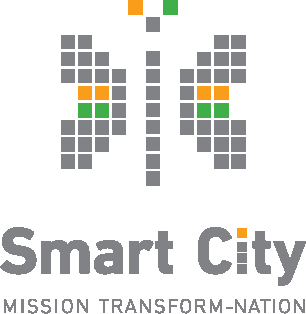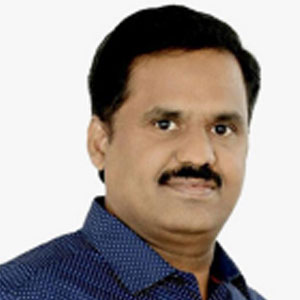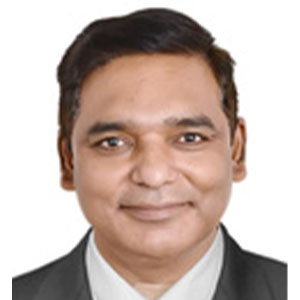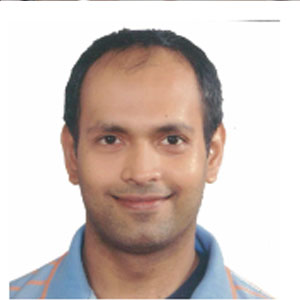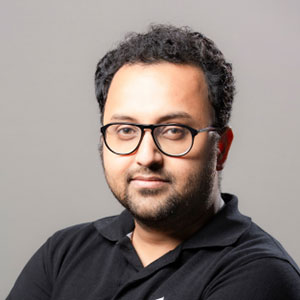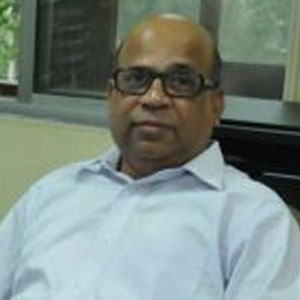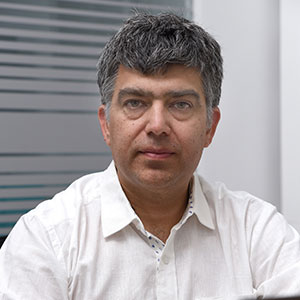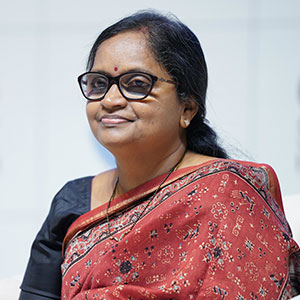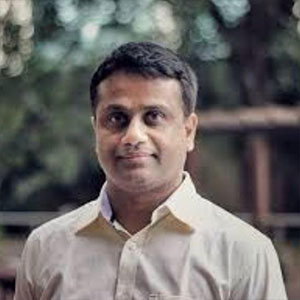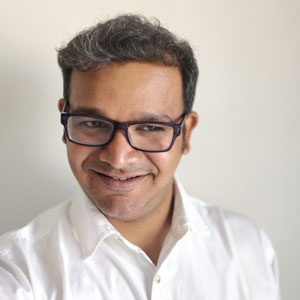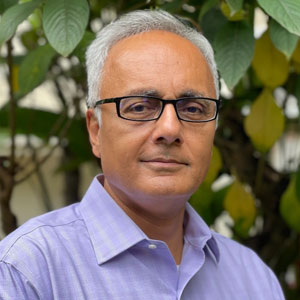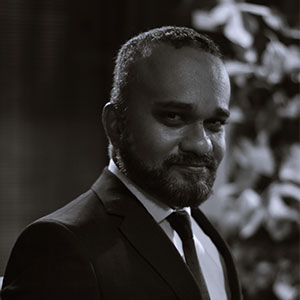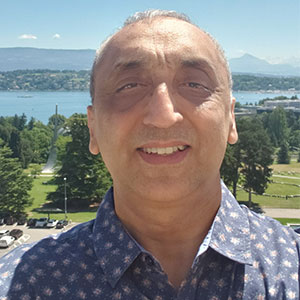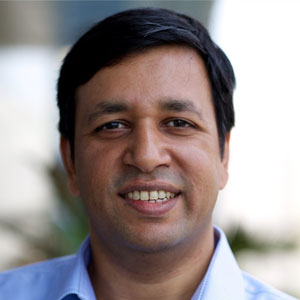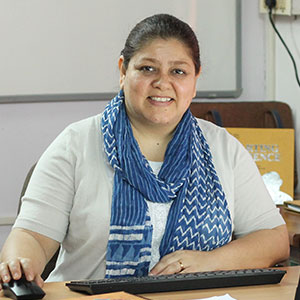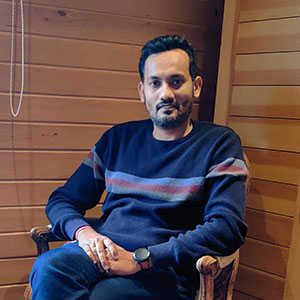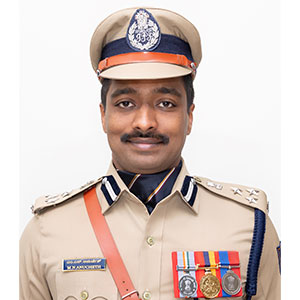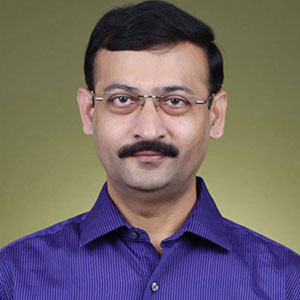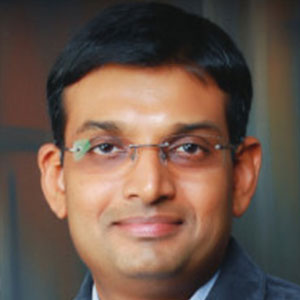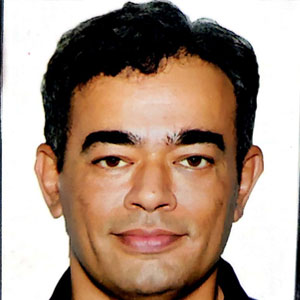Leveraging AI for Smart Transportation
Mitigating traffic congestion and improving safety are the cornerstones of transportation within Smart Cities. Current practices collect and analyze data from sensors and video processing and then process it offline. Hence, they are limited in proactively reducing traffic fatalities and preventable delays at intersections. We are developing real-time artificial intelligence algorithms and software to analyze video feeds from cameras and fuse them with ground sensor data to develop deep learning based digital twins that mimic traffic behavior both at an intersection and at the city level. We are also using the resultant output to develop technologies that will quantitatively measure and rank intersections by safety, to transmit information about unsafe behavior to connected vehicles and pedestrians in real-time to prevent accidents, and to optimize signal timing to reduce congestion.
Each of these advances are presently being field tested at intersections in the city of Gainesville and in Seminole County. The overall effort is geared toward developing transportation solutions for leading edge 21st century Smart Cities.
Speaker
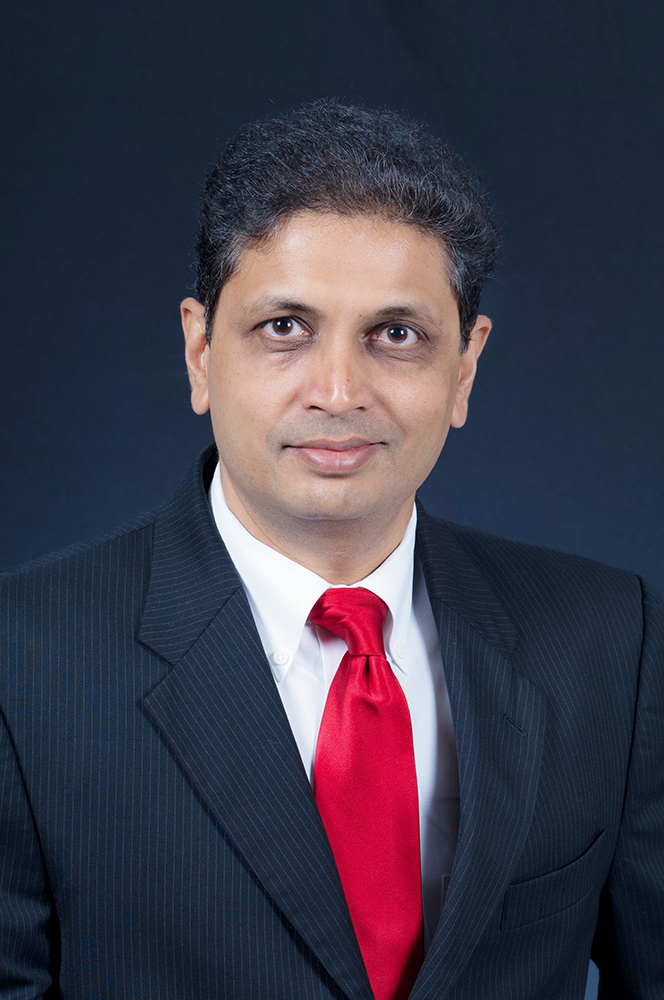
Sanjay Ranka
Professor
Department of Computer Science and Engineering, University of Florida
Sanjay Ranka is a Distinguished Professor in the Department of Computer Information Science and Engineering at University of Florida. From 1999-2002, as the Chief Technology Officer at Paramark (Sunnyvale, CA), he developed a real-time optimization service called PILOT for marketing campaigns. PILOT served more than 10 million optimized decisions a day in 2002 with a 99.99% uptime. Paramark was recognized by VentureWire/Technologic Partners as a Top 100 Internet technology company in 2001 and 2002 and was acquired in 2002. Sanjay has also held positions as a tenured faculty member at Syracuse University, academic visitor at IBM and summer researcher at Hitachi America Limited.
Research in high performance computing and bigdata science is an important avenue for novel discoveries in large-scale applications. The focus of his current research is the development of efficient computational methods and data analysis techniques to model scientific phenomena, and practical applications of focus are improvements to the quality of healthcare and the reduction of traffic accidents. A core aspiration of his research is to develop novel algorithms and software that make an impact on the application domain, exploiting the interdependence between theory and practice of computer science
He has co-authored one book, four monographs, 300+ journals and refereed conference articles. His recent co-authored work has received a best student paper runner-up award at IGARSS 2015, best paper award at BICOB 2014, best student paper award at ACM-BCB 2010, best paper runner-up award at KDD-2009, a nomination for the Robbins Prize for the best paper in the Journal of Physics in Medicine and Biology in 2008, and a best paper award at ICN 2007.
He is a fellow of the IEEE, AAAS and AAIA (Asia-Pacific Artificial Intelligence Association) and a past member of IFIP Committee on System Modeling and Optimization. He won the 2020 Research Impact Award from IEEE Technical Committee on Cloud Computing. He is an associate editor-in-chief of the Journal of Parallel and Distributed Computing and an associate editor for ACM Computing Surveys, IEEE/ACM Transactions on Computational Biology and Bioinformatics, Sustainable Computing: Systems and Informatics, Knowledge and Information Systems, and International Journal of Computing. Additionally, he is a book series editor for CRC Press for Bigdata. In the past, he has been an associate editor for IEEE Transactions on Parallel and Distributed Systems and IEEE Transactions on Computers.
He was a general co-chair for ICDM in 2009, International Green Computing Conference in 2010 and International Green Computing Conference in 2011, a general chair for ACM Conference on Bioinformatics and Computational Biology in 2012, and a program chair for 2013 International Parallel and Distributed Processing Symposium and 2015 High Performance Computing Conference. He was a co-general chair for DataCom 2017 and co-program chair for ICMLDS 2017 and 2018.
His work has received 14,000+ citations with an h-index of 58 (based on Google Scholar). He has consulted for several start-ups and Fortune 500 companies.
